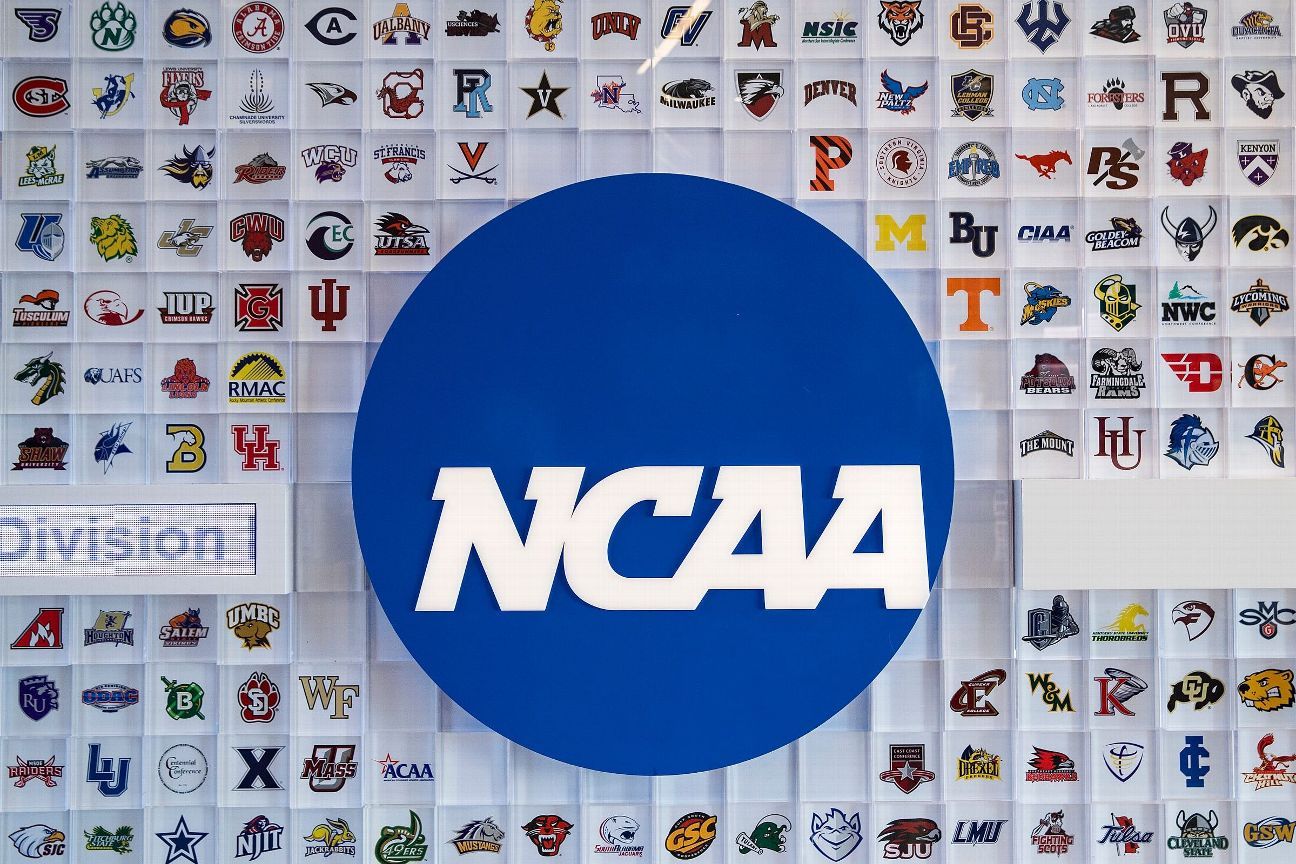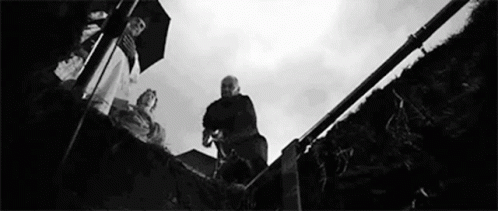
NCAA president Charlie Baker proposed rule changes Tuesday that would allow Division I schools for the first time to pay their athletes in ways that are not tied to educational resources.
Baker shared the proposed changes in a letter sent to member schools. If Division I schools choose to adopt the rules, they would be allowed to enter into name, image and likeness deals directly with their athletes. The new rules would also create a trust fund for athletes at the richest tier of athletic departments and allow those schools to create its own set of rules for recruiting, transfers, roster size and a wide range of other policies.
"t is time for us -- the NCAA -- to offer our own forward-looking framework," Baker said. "This framework must sustain the best elements of the student-athlete experience for all student-athletes, build on the financial and organizational investments that have positively changed the trajectory of women's sports, and enhance the athletic and academic experience for student-athletes who attend the highest resourced colleges and universities."
The policy would bring a major change to the foundational tenet of NCAA's long-held business model that prevented schools from providing any non-academic-based compensation to athletes. Baker's letter said the change is necessary during a time when the revenue generated by top colleges is poised to grow significantly, and the legal pressure to compensate athletes continues to mount.
He wrote the new policy would help gender equity by demanding that schools provide equal NIL investments for their men's and women's teams on campus. The proposed new model would require the top tier of schools to set aside at least $30,000 per year for at least half of its athletes in "an enhanced educational trust fund."
The letter doesn't define a line for which schools would fall in that top-earning subdivision, but instead says the new framework would give schools the option to decide. The top schools, which according to letter are more impacted "by collectives, the Transfer Portal and NIL," would be allowed to create their own set of rules to help police those areas of the market for college athletes in unique ways.
Baker said in the letter that these new rules will help provide a model to show to Congress in the NCAA's ongoing quest for new federal laws to help in governing college sports. Baker and other NCAA leaders have been asking Congress for three years to create a law that would allow them to keep college athletes from becoming employees, create uniform rules for NIL deals and avoid future antitrust lawsuits. Those efforts have so far failed to gain significant momentum, with several key lawmakers telling the institutions that they need to make efforts to solve their own problems before the government intervenes.
Baker, who took over as the NCAA president in March, has said multiple times during his tenure that he believes the highest-earning echelon of college sports operates in a different reality than the overwhelming majority of NCAA schools.
"[This proposal] kick-starts a long-overdue conversation among the membership that focuses on the differences that exist between schools, conferences and divisions and how to create more permissive and flexible rules across the NCAA that put student-athletes first," he said. "Colleges and universities need to be more flexible, and the NCAA needs to be more flexible, too."
The letter did not provide a timeframe for when these proposals would be fleshed out. NCAA schools would have to vote to adopt the changes. Those stakeholders next meet in January in Phoenix at their annual convention.

